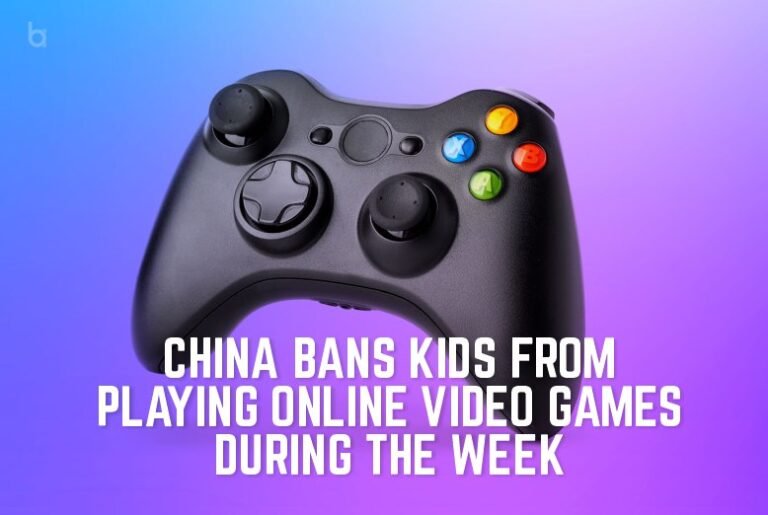Key Highlights:
- China has banned internet gamers under the age of 18 from playing on weekdays and limited their weekend play to three hours.
- China has launched a significant crackdown on private enterprise in engulfing some of the country’s most powerful actors.
- The NPPA’s severe new limits were enacted in response to concerns from parents.
Banning Internet gamers
China has banned internet gamers under the age of 18 from playing on weekdays and limited their weekend play to three hours, signaling a substantial tightening of regulations on the country’s burgeoning gaming sector.
According to a statement released by the Chinese media watchdog the National Press and Publication Administration (NPPA) on Aug 30, minors would be limited to an hour of playtime between 8 and 9 p.m. on Fridays, weekends, and public holidays beginning this week.
The move reflects a significant tightening of the agency’s previous limitations, which limited children’s play to 90 minutes on weekdays and three hours on weekends. The limits were put in place, according to authorities, to assist prevent young people from becoming addicted to computer games.
The regulations were published “before the start of the new (school) semester, establishing precise criteria for preventing addiction to online gaming, and preserving the healthy growth of children,” according to the NPPA.
Reaction of investors
Investors reacted quickly. During regular trading hours in New York, NetEase fell 3.4 percent. On Aug 31, Tencent fell by almost the same amount in Hong Kong before rebounding by 1.6 percent.
China has launched a significant crackdown on private enterprise in recent months, engulfing some of the country’s most powerful actors. Initially, it looked that the major focus of regulators was the expanding IT industry, but this has since expanded to include other businesses, such as private education.
According to Alicia Yap, a Citi analyst, the impact of the current gaming restrictions will be “modest,” with both Tencent and NetEase’s China revenue falling into the “low single digits.”
“That said, we believe this will still represent another setback to the industry and potentially send another wave of negative sentiment to the market and lower investors’ overall expectations for future gaming industry growth,” she wrote in a note to clients Tuesday.
NPPA’s new regulations
The NPPA’s severe new limits were enacted in response to concerns from parents, according to a representative for the organization during a press conference.
The Chinese government created a registration system in recent years that obliged people who played computer games to do so under their actual identities, allowing corporations to monitor them.
The NPPA stated this week that “online gaming companies should not provide game services in any manner… to users who have not registered or signed in using their actual names.”
Also Read:- China Implements a Stricter Law for Companies Managing User Data



